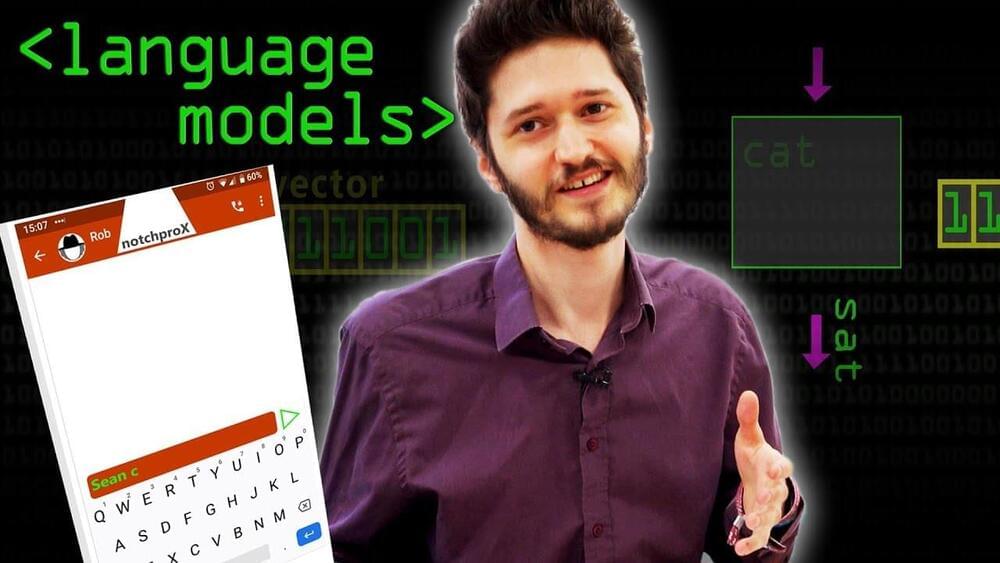Quick – define common sense
Despite being both universal and essential to how humans understand the world around them and learn, common sense has defied a single precise definition. G. K. Chesterton, an English philosopher and theologian, famously wrote at the turn of the 20th century that “common sense is a wild thing, savage, and beyond rules.” Modern definitions today agree that, at minimum, it is a natural, rather than formally taught, human ability that allows people to navigate daily life.
Common sense is unusually broad and includes not only social abilities, like managing expectations and reasoning about other people’s emotions, but also a naive sense of physics, such as knowing that a heavy rock cannot be safely placed on a flimsy plastic table. Naive, because people know such things despite not consciously working through physics equations.
